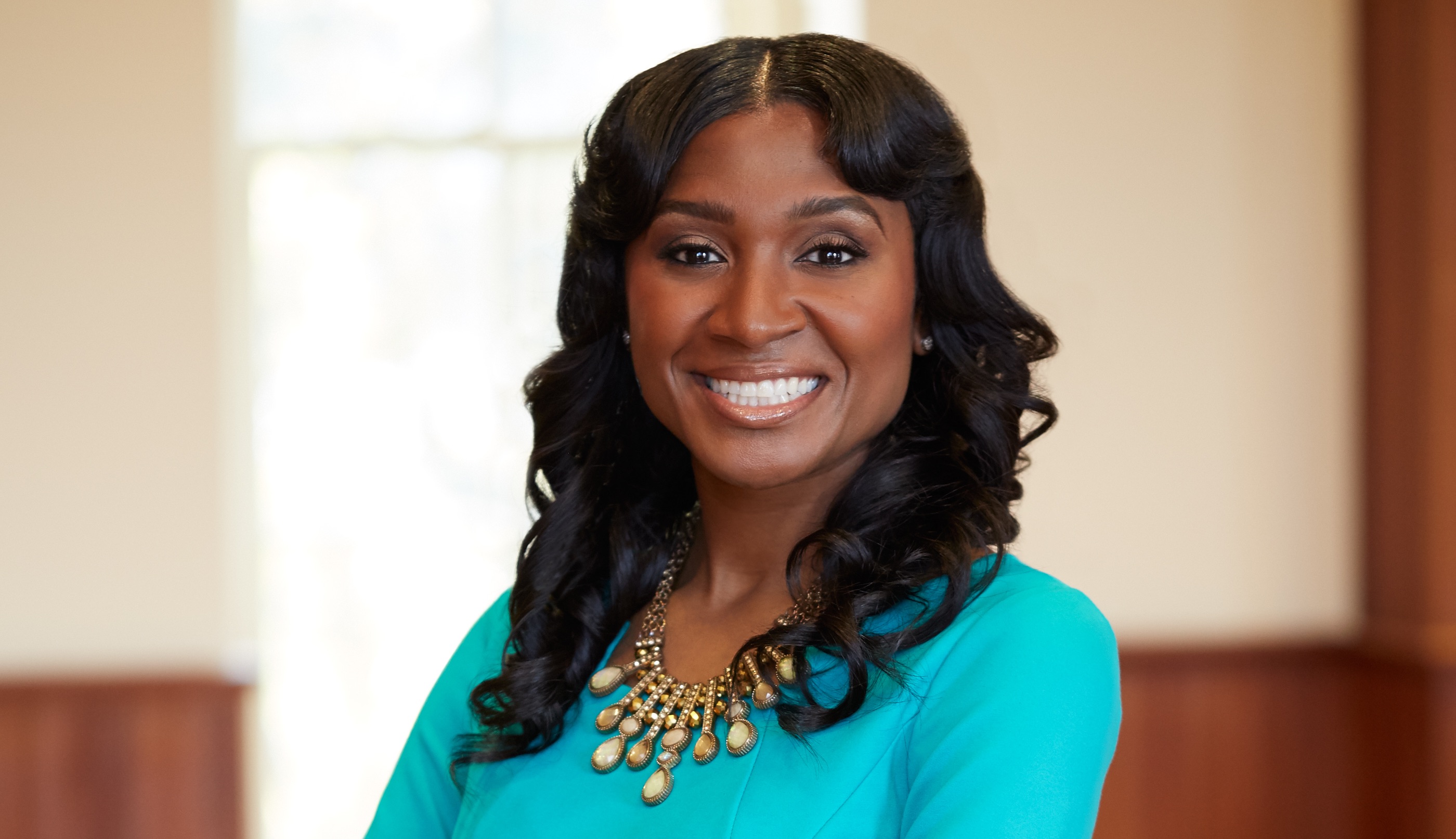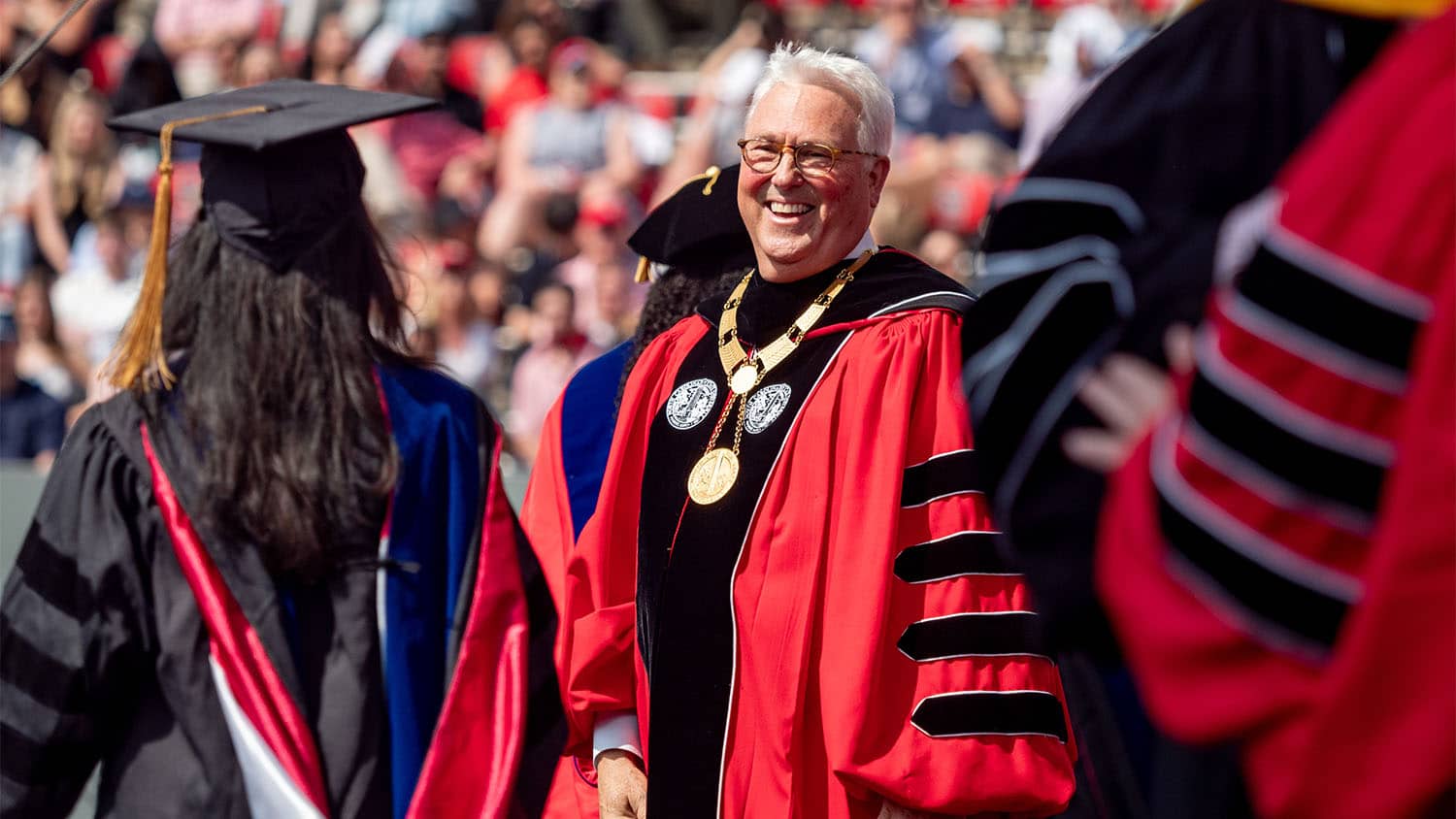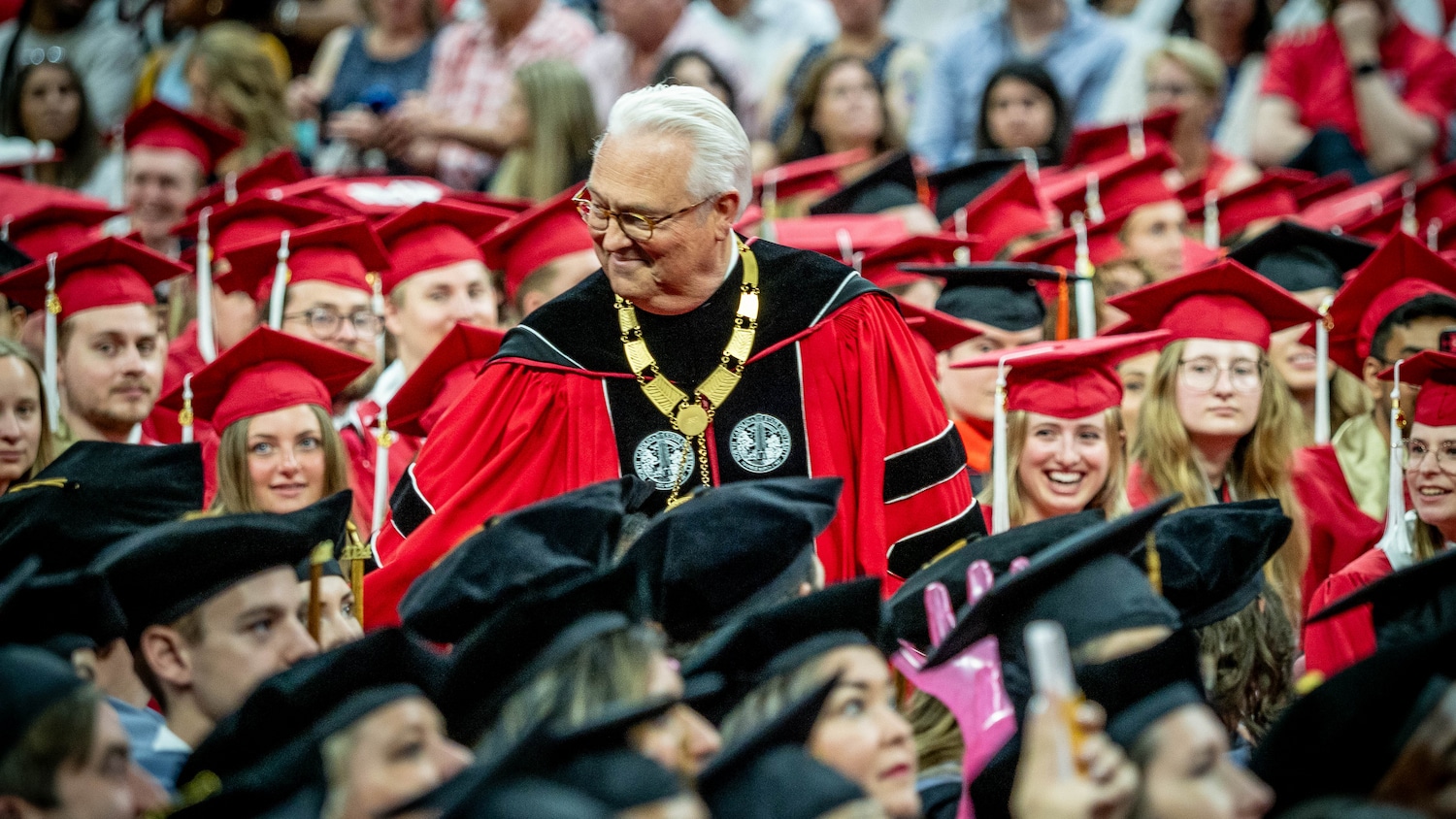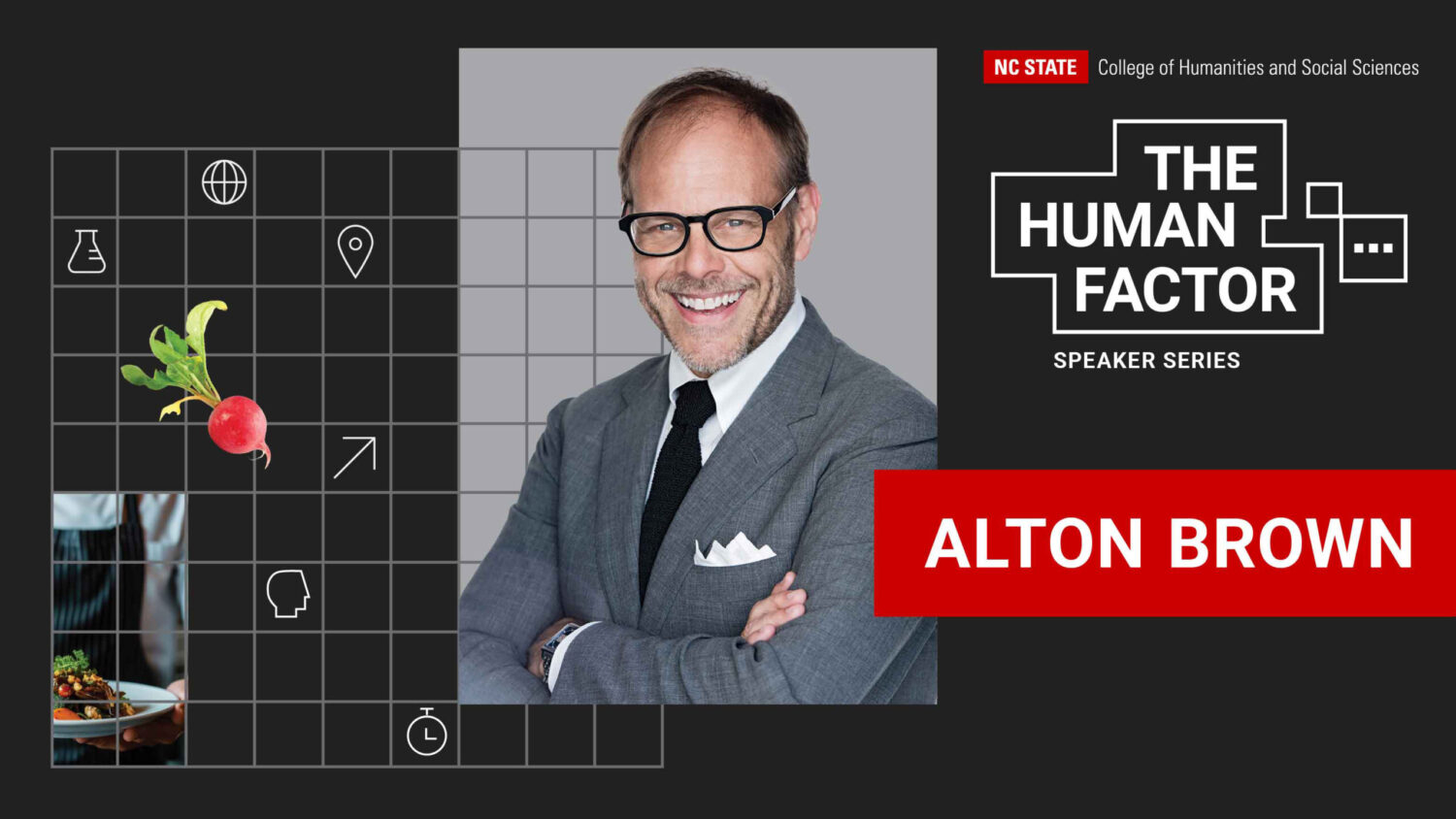Educator Dubroy to Discuss Xenophobia and Inclusivity

Tashni-Ann Dubroy immigrated from Jamaica to the United States when she was 17 years old. Her parents lacked a college education, but they infused an entrepreneurial spirit into their daughter, who went on to become an accomplished scholar. After graduating from community college as the class valedictorian, Dubroy obtained her bachelor’s degree in chemistry from Shaw University and then earned a Ph.D. in chemistry from NC State and an MBA in marketing from Rutgers. She spent three years in the private sector and started her own company before returning to Shaw, first as a faculty member and soon thereafter as the university’s president — at age 34, the second-youngest president in Shaw’s history. Dubroy is now the executive vice president and chief operating officer of Howard University.
Dubroy is coming to NC State on Thursday, Feb. 22, to deliver the 2018 Humanities and Social Sciences Diversity Lecture, titled “There Is a Xenophobe Among Us: Diversity and Inclusivity on College Campuses.” She will speak from 5 to 6:30 p.m. in the Washington-Sankofa Room (Room 126) in Witherspoon Student Center. The lecture is free and open to the public.
In an interview this week, Dubroy discussed affordability in higher education, her entrepreneurial experiences and the importance of historically black institutions of higher education.
What do you plan to talk about in your lecture here at NC State?
I miss the days when academic discourse and the announcement of university speakers didn’t automatically make national headlines. Those were the good old days, when we could argue in peace. In my talk, I intend to shed light on the reality of administrative limitations. Administrators are curating a campus culture that is shaped by free speech, cultural norms and personal expression, while managing the real and perceived complexities of a charge to promote universitywide diversity and inclusion.
You’ve had quite a diverse academic career, going from community college all the way through to graduate school and attending both public and private institutions. Now, as a leader in higher education, what do you think are the most important challenges facing colleges and universities today?
Affordability, in the universal sense, is arguably the most pressing challenge in higher education. Funding for higher education, regardless of institution type, is declining. Federal aid and scholarships no longer absorb the largest percentage of total college costs for students. Facilities, technologies and amenities that used to have a 10- to 15-year life span now only last for five years or less, and upgrades are often cost-prohibitive. Administrators must devise creative ways to do business in higher education and in turn provide access to prospective students.
You’re an NC State alumna, having earned your Ph.D. in chemistry here in 2007. What was your experience of diversity here on campus?
I came to NC State as an international student who was also a timid person with nominal hands-on experience in the chemistry lab and very little confidence in my ability to successfully defend a dissertation. I studied under Dr. David Shultz in the Department of Chemistry. Of the nine grad students in that lab, five of us were women. During my time there, Dave equipped me with the knowledge, exposure and gravitas I needed to overcome my fear of failure and find success in academia and the corporate world. He removed any semblance of discriminatory barriers and created an environment of inclusivity so I could focus on learning. I entered Dave’s lab underprepared for graduate school, but I left as one of his most competitive scholars. I always use his leadership as an example. He was fair.
After you finished your Ph.D. you worked in private industry for a few years. What led you to make the leap from the business world to academia?
I thoroughly enjoyed working in corporate America, where I was fortunate to gain both technical and business experience. However, I left corporate to pursue my entrepreneurial dream: I collaborated with a fellow NC State grad, Dr. Tiffani Bailey Lash, to create a startup hair-care company. The endeavor gave me the opportunity to use the business concepts I’d learned from my parents and solidified in business school. I combined my entrepreneurial interest with the opportunity to teach college students about the practical, less abstract sides of chemistry in my “shampoo labs.” I wanted to teach young scientists how they could implement their knowledge of classroom chemistry in the business environment, so I pursued the professoriate and enjoyed it immensely.
You’re also an alumna of Shaw University, and you served as president there before taking your current position as executive vice president and COO of Howard University. What role do you see historically black colleges and universities (HBCUs) playing within the higher education landscape of the 21st century?
HBCUs are anchor institutions for American equality. They are chiefly responsible for the gains African-Americans have realized in economics, social justice, political autonomy and cultural equity. This role is complicated because many of our stakeholders realize the value of the output HBCUs were able to generate 50 years ago, but they often question our modern-day value. Evidence of our relevance can be demonstrated through our impact. Today, Howard University graduates more African-American medical doctors than any other institution nationwide, and we’ve displayed similar results beyond the sciences. HBCUs continue to be a hub of enlightenment and training for all, in areas that desperately need illumination of problems and provision of solutions.
- Categories:


